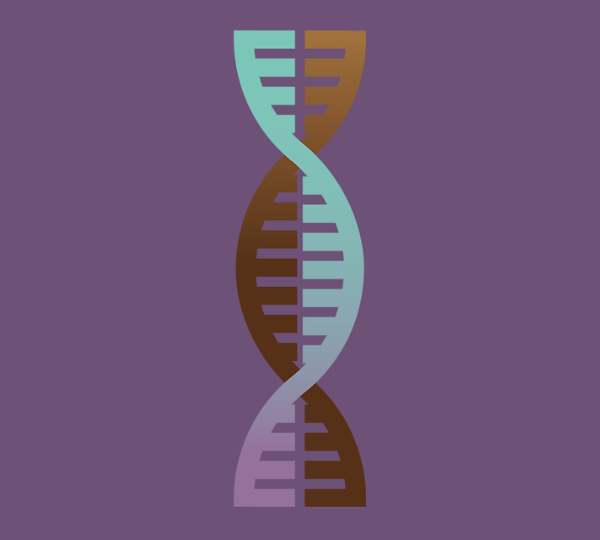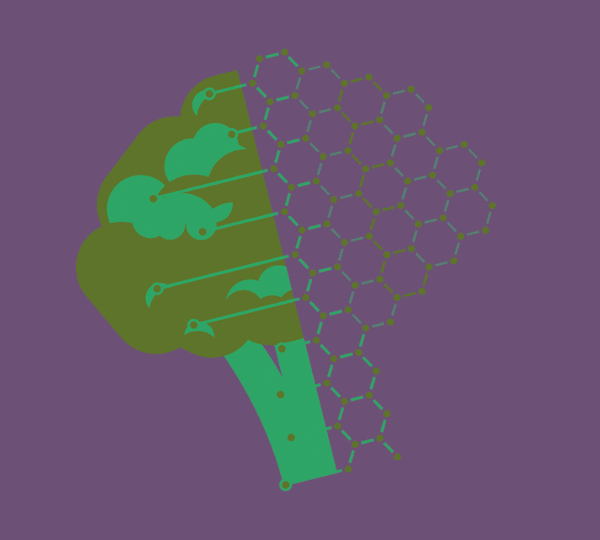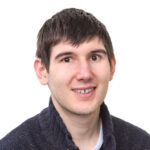Introduction
Prof Anne Osbourn
Translating Science is an experiment. There is so much exciting scientific research under way in Norwich. This research, carried out across the six partner organisations on the Norwich Research Park (University of East Anglia, Norfolk & Norwich Hospital, John Innes Centre, Earlham Institute, Quadram Institute and The Sainsbury Laboratory) tackles major challenges such as ensuring that we have a plentiful and nutritious food supply, understanding human health and nutrition, combatting disease, and finding creative solutions to biodiversity loss and climate change. Norwich is recognised internationally for its scientific research. It is also world renowned as a hub for the creative arts. Although there is cross-fertilisation between science and the arts in Norwich and the wider region, there is also considerable unrealized potential for synergy. Translating Science is a collaborative project between the Norwich Research Park and the National Centre for Writing (also based in Norwich). Its initial aim was to test the water – to take one small step towards a bigger ambition – towards diving in.
Translating Science project brought scientists from Norwich Research Park together with established writers, so providing an opportunity for experts within two very different fields of work to collaborate and gain fresh insight and inspiration from each other. At the kick-off workshop, the scientists began by sharing their research with the writers through brief presentations and discussion. This was followed by a ‘speed-dating’ session that enabled the writers and scientists to find out more about each other. The whole cohort (writers and scientists) then took part in some writing exercises, led by Sam Ruddock from the National Centre for Writing. There was a real feeling of excitement in the sharing session at the end of this process when the creative works were read out. Following an offline polling process, the scientists and writers then teamed up in pairs to begin their adventures together. Each writer was commissioned to write a piece inspired by the research of their partner. The writers were encouraged to position their work within the overall theme of Healthy Plants, Healthy People, Healthy Planet. The process involved a lot of exchange, follow up discussion, and in some cases visits to the research laboratories. The outputs are showcased in this anthology. It is fascinating to see how each partnership led to such distinctive and captivating outputs, and to reflect on how the interaction with the research scientist has shaped the writing.
‘By triggering the readers’ excitement and imagination, we hope that the readers will in turn be supported in developing a deeper understanding of the benefits of science-based research.’
In its second phase, with the publication of the Translating Science anthology, the project aims to engage more people in science by articulating research conducted by world-leading scientists at the NRP in new ways. Readers will encounter science-based research that they may not have been familiar with before. NRP science will be opened up as a meeting place – a place of exchange – in new and intriguing ways.
By triggering the readers’ excitement and imagination, we hope that the readers will in turn be supported in developing a deeper understanding of the benefits of science-based research for solving the many challenges we face and help to influence policy and decision makers to make the right choices. The commissions present a positive outlook for the future of our world.
As Norwich celebrates its tenth anniversary as England’s first UNESCO City of Literature in 2022, this is a timely project which demonstrates the power of storytelling in our city. We are incredibly lucky that the Research Park and National Centre for Writing both call Norwich home.
You can browse the creative responses below, or download the full digital anthology in desktop or mobile form.
Want to read on your phone? Download the mobile-enhanced anthology here →
Writers
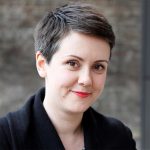
She is an experienced artistic collaborator and has worked on commissioned projects with acclaimed artists from across the world. She holds an MA in Creative Writing from the University of East Anglia, and she has been the recipient of a Charles Pick Fellowship, an Escalator Award, two writing awards from Arts Council England and one from the Authors’ Foundation.
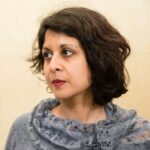
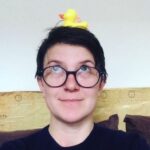

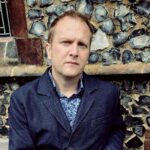
The Listeners, his first book, won the 2014 Rethink New Novels Prize. His latest book, Ghostland (William Collins, 2019), is a work of narrative non-fiction that was shortlisted for the PEN Ackerley Prize 2020 for memoir and autobiography, and for the East Anglian book awards. Edward is a keen birdwatcher and naturalist, which also informs his work.
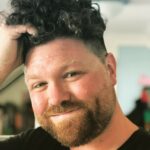
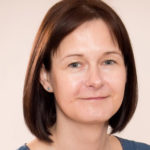
Scientists
Dr Federico Bernuzzi is a research scientist working at the Quadram Institute. He undertook his Ph.D. researching bioactives found in broccoli for the maintenance of health. He started his scientific career in 2011 when he joined the University of East Anglia and undertook a Bachelor’s Degree in Biochemistry. As part of that degree, he spent a year working at GlaxoSmithKline (GSK) a world leading pharmaceutical company. Working alongside biostatisticians inspired him to undertake a Master’s Degree in Biostatistics. Throughout his doctorate he has taken part in outreach events including the Norwich Science Festival and writing blogs to promote the health benefits of broccoli and other cruciferous vegetables.
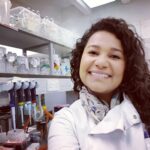
Nasmille finished her PhD in 2018 at the School of Environmental Sciences, University of East Anglia, working on characterizing soil and phyllosphere microorganisms that use isoprene as their sole source of C using techniques including stable isotope probing, amplicon sequencing and metagenome analysis.
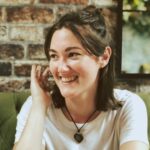
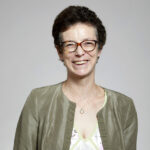
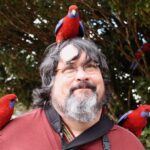
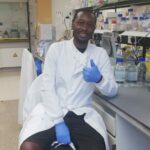
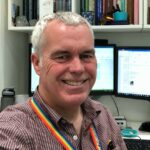
Translating Science is a partnership between National Centre for Writing and Norwich Research Park.
Supported by Arts Council England’s Ambition for Excellence Fund.








